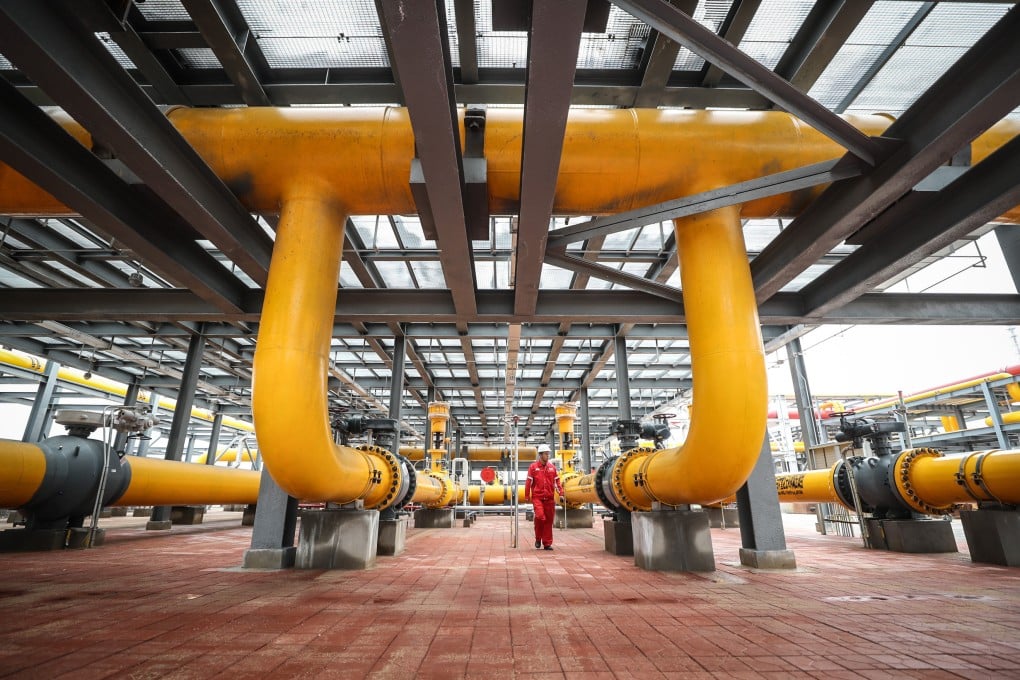China energy security: Xi Jinping orders more reform of entire power system, flags ‘prominent problems’
- President Xi discusses plans to strike a balance between energy security and pollution, and China says it will ‘scientifically adjust and optimise policy measures’
- Comments seen signalling a shift away from a decarbonisation approach now considered too radical and partly to blame for China’s crippling power shortages

China is looking to plug dangerous holes in its power system as it scrambles to shore up energy security – including in oil, natural gas and power supply networks – with fresh vows by leadership in reform proposals that also blame a persistent power crisis on excessive carbon-reduction goals.
President Xi Jinping, at a meeting of the Central Commission for Comprehensively Deepening Reform on Tuesday, said China must “address the prominent problems in the oil and gas system” and “deepen the reform of the power system”, party mouthpiece Xinhua reported.
“Focusing on improving national oil and gas security capacities … we must actively and steadily promote the systematic reform of the upstream, midstream and downstream of the oil and gas industry, to ensure stable and reliable supplies,” Xi said.
In terms of the power supply, Xi said China must accelerate the construction of a power system that is “green and low-carbon, secure and abundant, economically efficient, flexible, and intelligent in supply and demand coordination”.
“[China] should better promote the energy production and consumption revolution, and ensure national energy security,” he said.
Xi’s remarks come as the Ukraine war has raised uncertainties for China – the world’s largest energy importer and consumer – amid a more politicised global energy market, and a persistent power crisis amid a decarbonisation campaign and climate change.